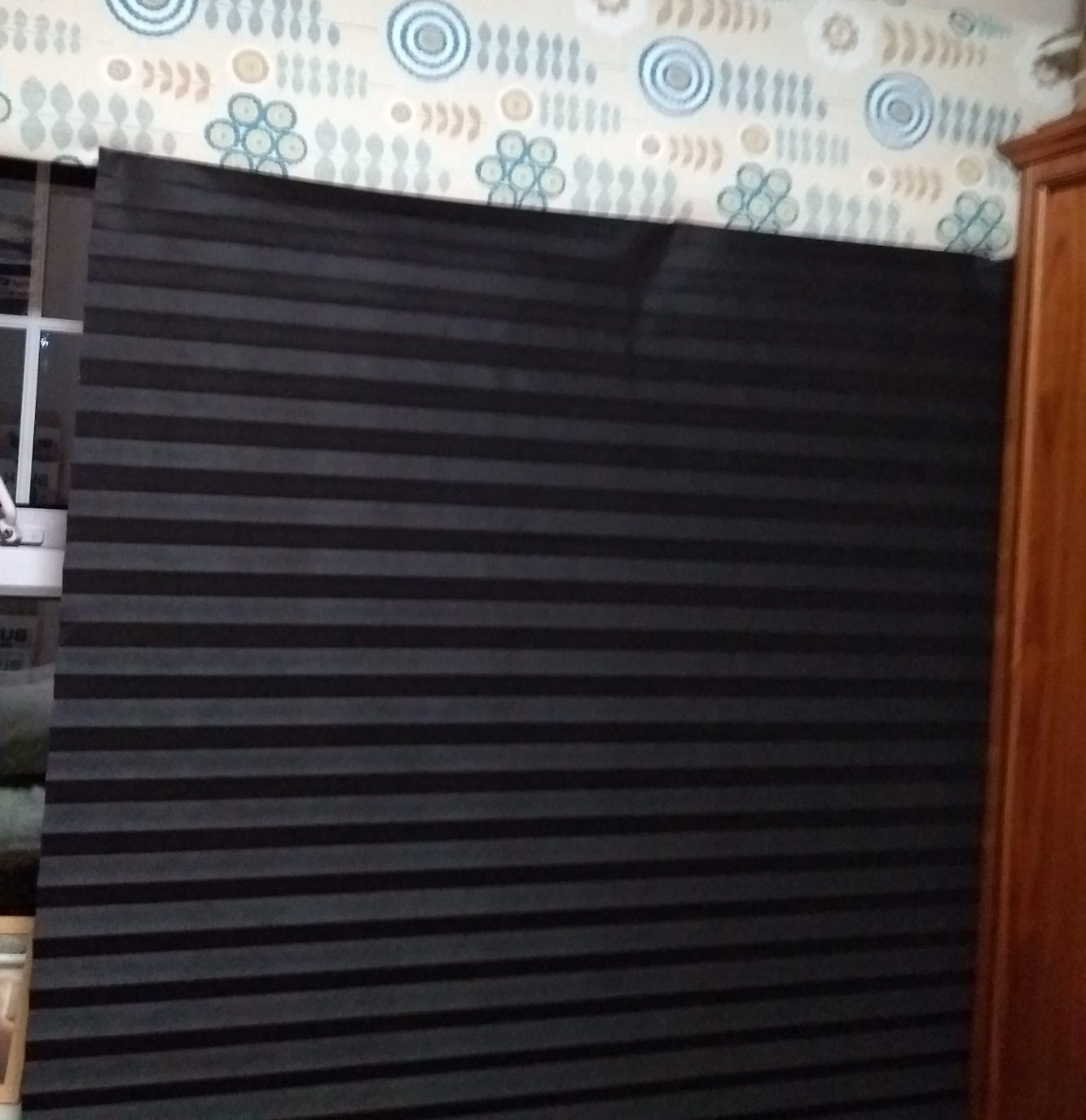This is a facebook “memory” which I was reminded of this morning. It is a post I made a couple of years ago, but it is still highly relevant, and I still swear by it, so sharing here in case others also find benefit from this strategy…
Getting good sleep is not only critical for progressive symptom reduction with chronic conditions, but for health and wellness more generally. Moreover, I believe good quality sleep is going to be vital for being able to continue coping with these stressful and uncertain times. This is why I have personally put sleep right at the top of my priority list, and have done everything I can to fix my insomnia. The story of my trials and tribulations with sleep, and what I found did and didn't work for me, is told in my “Out-Thinking Parkinson’s article on sleep.
The most impactful interventions for me were the protocols that Prof. Andrew Huberman has detailed in his podcast episodes on sleep [getting 10 minutes of sunlight into the eyes in the morning, not eating after 6 pm]. Putting these in place really helped me, and I was starting to sleep through the night.
More recently, a security night light was installed outside my room, which prevented the room from being totally dark. I couldn't sleep at all, and I was also anxious that this was going to be a disaster for my circadian rhythm. Indeed, according to Prof. Huberman, viewing any white or blue light between the hours of 10pm and 4am is terrible for sleep, even if it is only LEDs on electrical devices. [Red and orange, or the colour of fire, light seem less problematic though].
So I looked online for some black-out solutions and there are many options. I started out with some plastic black sheets that stick to the window through static electricity. My sleep definitely improved, so I graduated to these blinds shown in the photo that I can just clip to the pelmet of the curtains at night.
I am happy to report that I have been sleeping through the night better than ever these last few nights!
I also told some family and friends about this, and a couple of others have tried installing black-out solutions and have reported back it seems to be helping them too.
So if sleep is evasive, making sure the room is utterly dark its definitely worth a shot. If you do try this, please report back?



I always was sensitive to light and sleep in a dark room since I worked rotating shifts.
Even as a child, my sister's night light on her side of the room would keep me up.
Melatonin supplementation also helps and is a great anti oxidant. If you feel groggy the next day, take half of it.
Some people have a high sensitivity to it.
Completely agree with blackout curtains. My husband needs a motion detecting nightlight so that he doesn’t trip if he has to get up in the night, but he plugged it into the outlet on the floorboard next to his side of the bed so it doesn’t bother me. I have an old fashioned digital clock on my nightstand (w/ red numbering) so I can see the time or use the alarm. It doesn’t ruin my night vision like looking at my cell phone does. When we lived in Europe, we absolutely used Rolladen window shutters in summer bc sunset was so late and sunrise was so early.